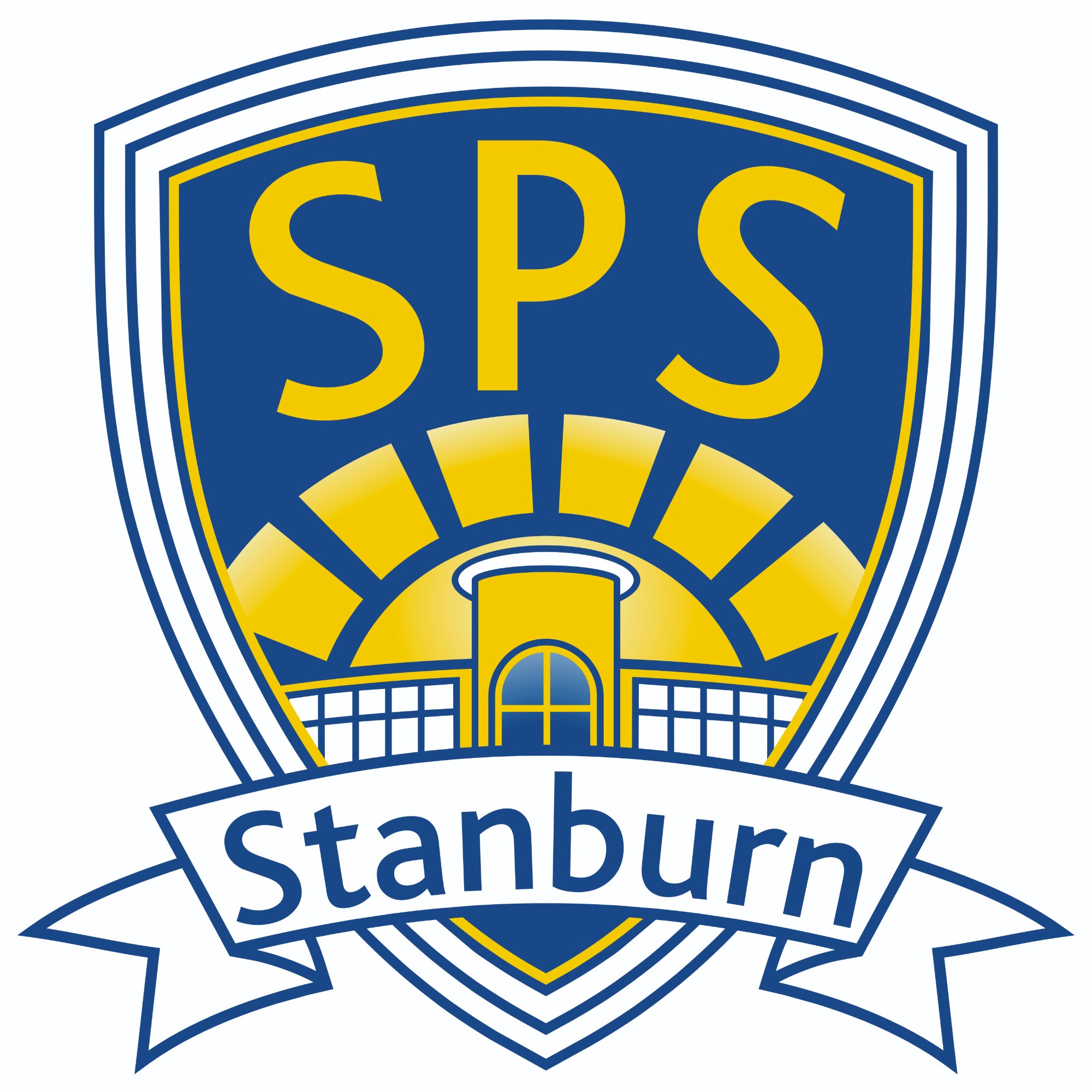Special Educational Needs & Disabilities (SEND)
Our Assistant Headteacher for Inclusion, Miss C. Crane, is also our SENDCo. She can be contacted via:
Tel: 0208 954 1423
Email: office@stanburn.harrow.sch.uk
Additional to the below, please refer to our SEND Information Report and our Special Educational Needs and Inclusion policy which is available on our School Policies page.
Types of SEND
The school provides for a range of Special Educational Needs and Disability. These include: The Four Areas of Special Educational Needs and Disability (SEND):
- Communication and interaction
- Cognition and learning
- Social, emotional and mental health
- Sensory and/or physical impairment
Identification
Class teachers, support staff and our SENDCo use a range of assessment tools, expertise and experience to identify SEND. Parental and pupil concerns are also taken into account through regular consultations including home visits where necessary. External specialists may also support in the assessment and identification process. Pupils are included in meetings, where appropriate, and may also be consulted ahead of consultations.
Review
Assessment of pupil progress is ongoing. Pupil progress meetings are held termly and parents are also consulted termly. Additional meetings are arranged when any concerns and/or difficulties emerge in order to plan support and review progress.
Transition
Transition arrangements support pupils when they move from EYFS to Year 1 and from KS1 to KS2. In addition, when pupils move from KS2 to secondary schools the Learning Mentor and SENDCo work to support all pupils and those with SEND in particular.
Teaching
Pupils with SEND are taught a broad and balanced curriculum alongside their peers in the classroom as much as possible. Where appropriate, the curriculum is scaffolded to ensure pupils are able to access learning. This differentiation may be by providing activities at appropriate level, by allowing additional time and/or by providing visual and other aids. At times an additional adult may provide support in the mainstream classroom.
Adaptations
When pupils have been identified as having a difficulty in a particular area of learning, additional small group or 1:1 support may be provided. This support can include “Maths Catch Up”, “Reading Catch Up”, working with a Reading Mentor or Learning Mentor. This support will be outside the mainstream classroom.
Staff Experience
Teaching and support staff have regular training in relation to the teaching of children with SEND and disabilities. Particular members of staff are provided with more specialist training. This training has included:
- Engaging SEND readers
- Supporting pupils with ASD
- Dyslexia training
- Dyscalculia
- Epilepsy
- Targetted maths support
- Phonics catch-up
